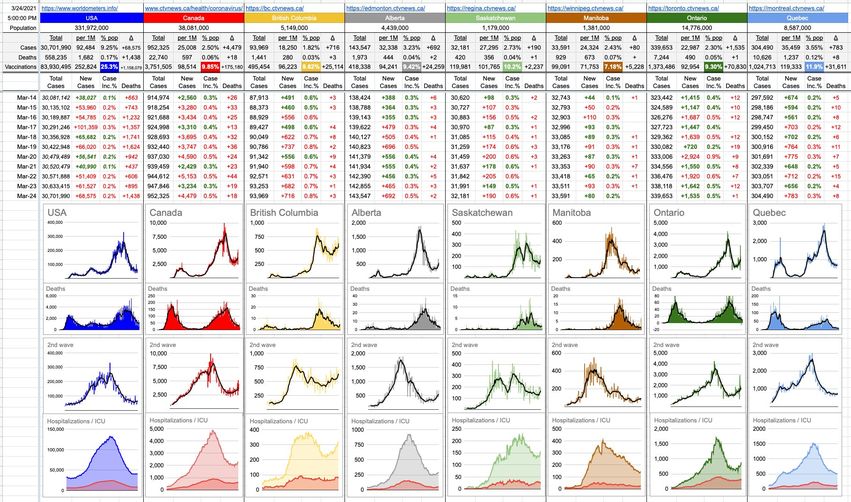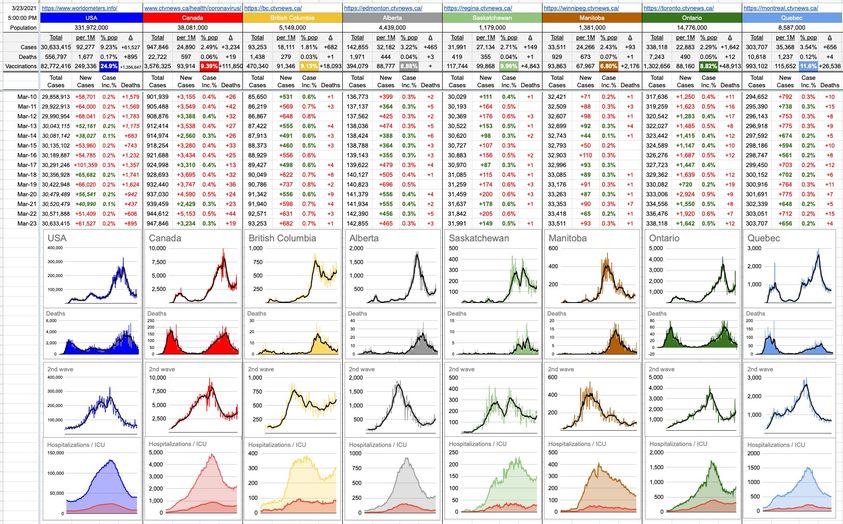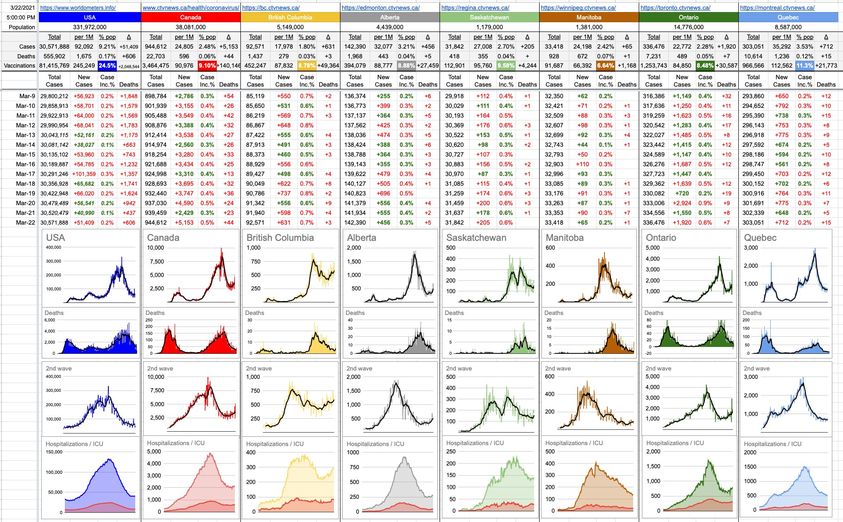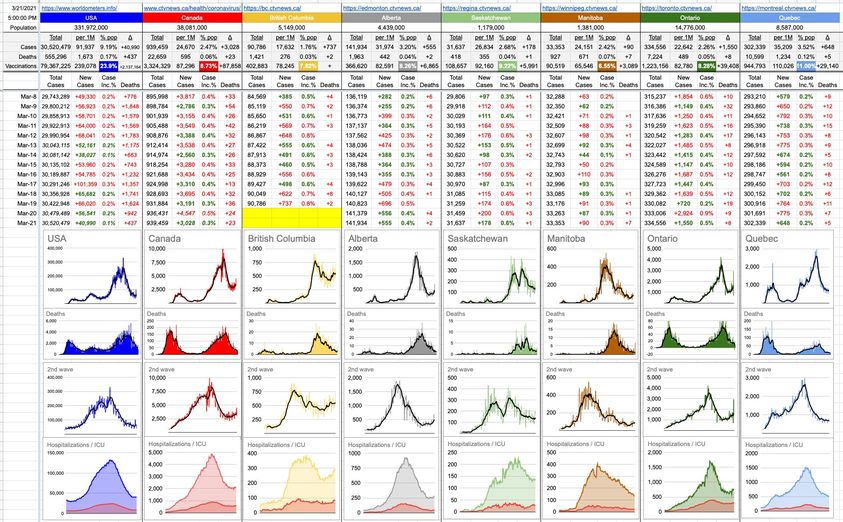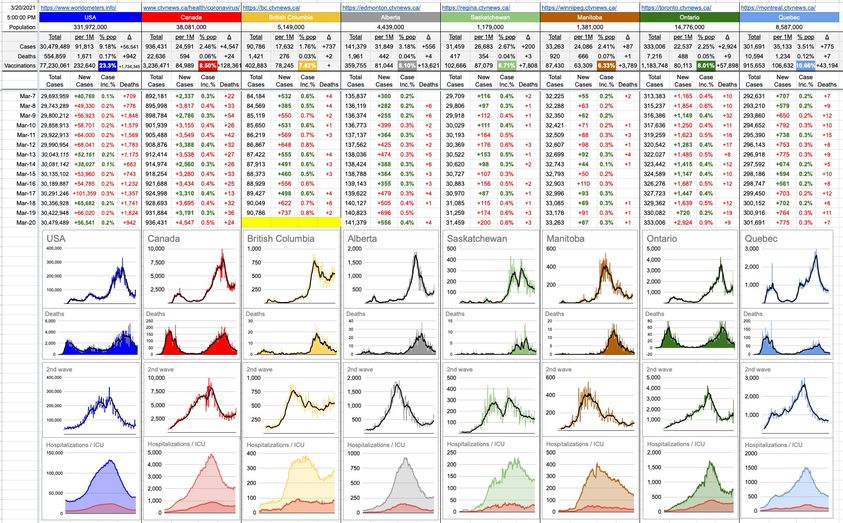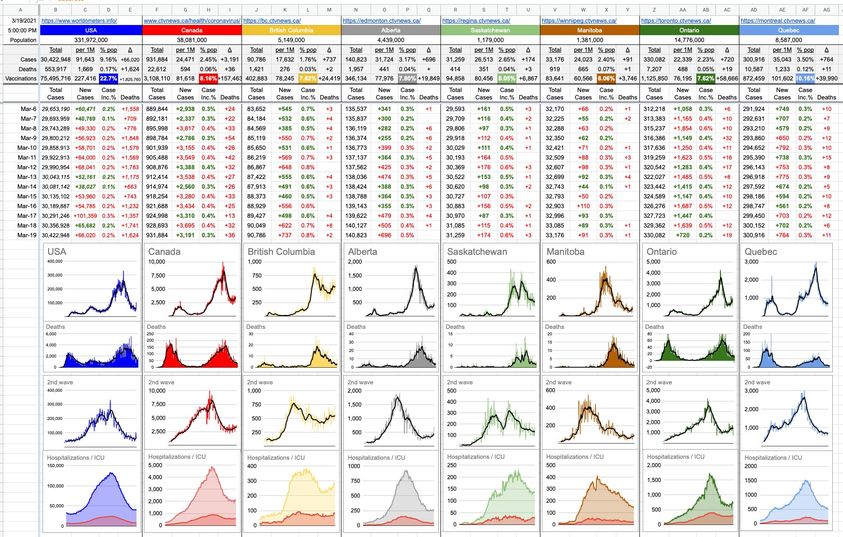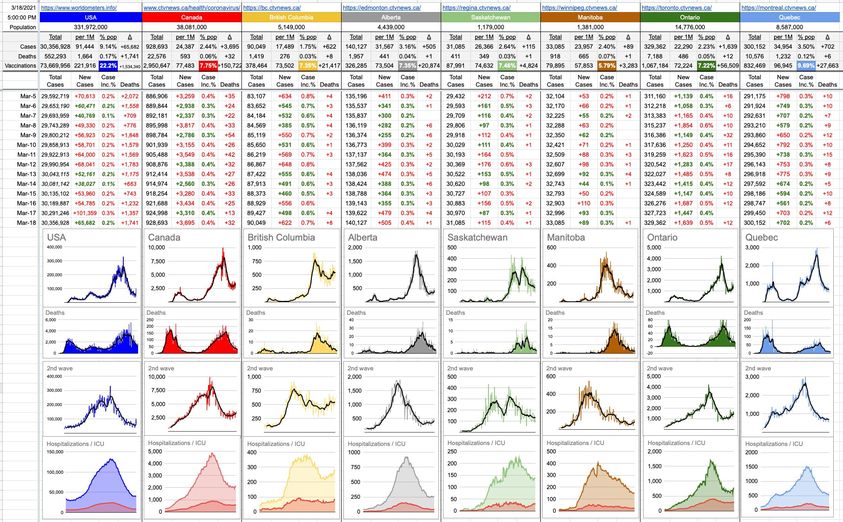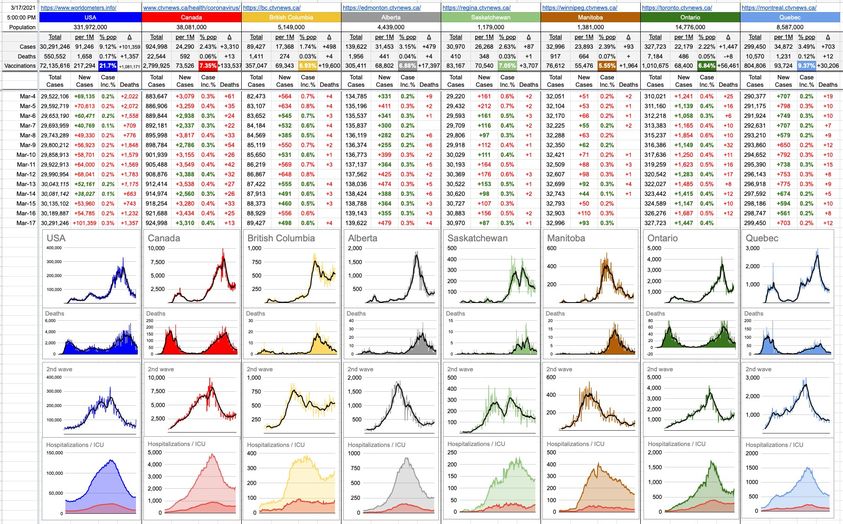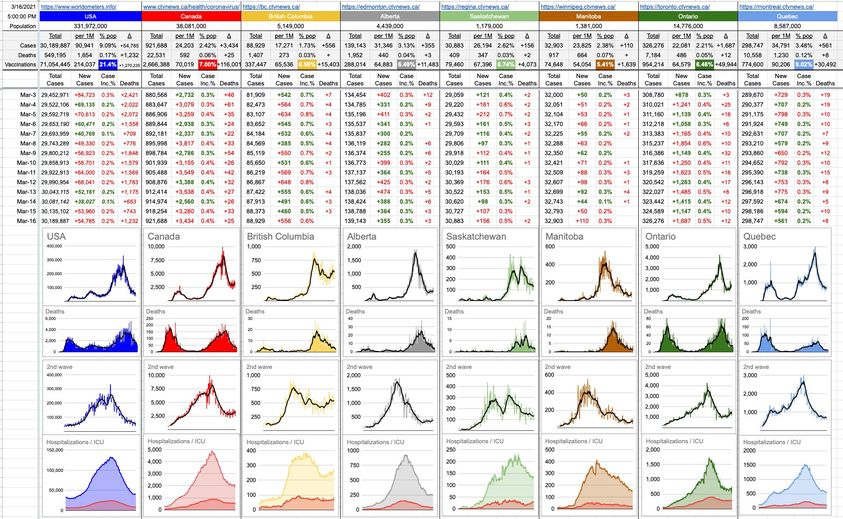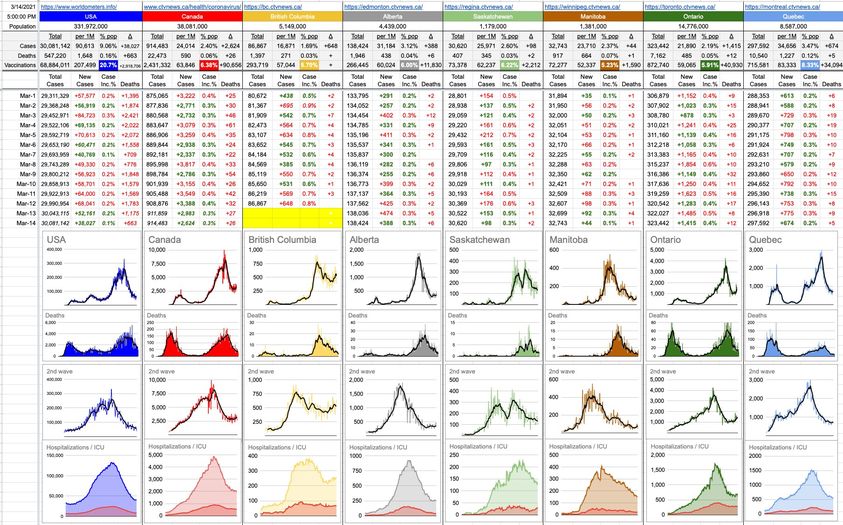March 24, 2021
On July 12, 2018, an elongated dump truck, entering the Knight Street bridge via an onramp – a little too quickly – rolled over and dumped its contents all over the bridge deck, leading to a closure (in both directions) that lasted hours. Unfortunately, it started leaking diesel as well, which led to hazmat team showing up. Further complications (including the truck driver being trapped – he was fine, but it took a while to extract him) led to this entire episode going on for several hours; no traffic flowing either way.
The cascading effect of that was interesting to see. Knight St. being blocked led to Marine Drive being backed up… beyond the point where alternate routes were accessible. Trying to get out of Vancouver towards Richmond and Surrey is next to impossible from the south end if Oak St. is backed up and Marine Drive is clogged… so people started trying to head east from avenues that were further north… and slowly, 49th, 41st, King Ed… all the way down to Broadway and, eventually, downtown… all clogged. Standstill. For hours.
From an engineering point of view, the Knight St. bridge is a SPF – a Single Point of Failure. When it fails, there is a cascading effect that leads to bigger and bigger problems because everything that depends on it will also fail. It’s what you always try to avoid, but sometimes, it’s inevitable… as is usually the case with bridges. Traffic in Vancouver is at the mercy of our bridges… because we’re on the coast, and because we have rivers and inlets. The trade-off of not having 9 bridges spanning every arm of the Fraser River is that once in a decade or two, this will happen… and there’s really nothing to fix, and there’s really nothing to mitigate. Once in a long while, an accident will close that bridge and chaos will ensue, and we will deal with it. The previous time, you might recall, back in 2000… a boat carrying a crane miscalculated something, and 15cm of the top of the crane hit the bridge and ruptured the water and gas lines. Good times.
Those are SPFs at a municipal level. What do SPFs at a global level look like? The Panama Canal is an obvious one. Plug it up for a significant period of time, and global chaos will ensue.
Close behind that is the Suez Canal, where more than 10% of international maritime traffic travels… and where, yesterday, a 200,000 ton/1,300 foot container ship managed to ground itself diagonally and block the entire thing. An army of tugboats is there as we speak, furiously trying to un-wedge it… because there is an ever-growing traffic jam of oil tankers and other ships… on both sides.
Back to the local level… a vaccine rollout is a complicated endeavour, and nobody wants to be the SPF. Nobody wants to be that weak link. We got a hint of it recently, and we will label that SPF “Telus”. You might have loads of vaccine and nurses and tents and parking lots and clinics and doctors and syringes and all the rest of it, but the entire infrastructure is at the mercy of its weakest links; its SPFs. That’s why, properly done, you have not just phone banks, but every other version of communication available as well for booking appointments.
I don’t need to harp on this, because it’s already been discussed at length and solutions are being implemented and all the fingers have been pointed in the appropriate directions.
But it’s worth mentioning because, thanks to a very different sort of SPF, specifically the mishandling of the AstraZeneca messaging, we will be getting a lot more vaccine sooner than we’d expected. And I would love it if it were able to flow, unimpeded, into all of the arms that are eagerly awaiting it.
… because the only SPF I really want to be worrying about is the rating of the sunscreen I’ll be putting on, enjoying a Covid-free late summer on a crowded Kits beach, lying in the sand, staring at the blue sky, swimming in the ocean and watching all those big container ships transiting in and out of the harbour… hopefully not running into anything.


